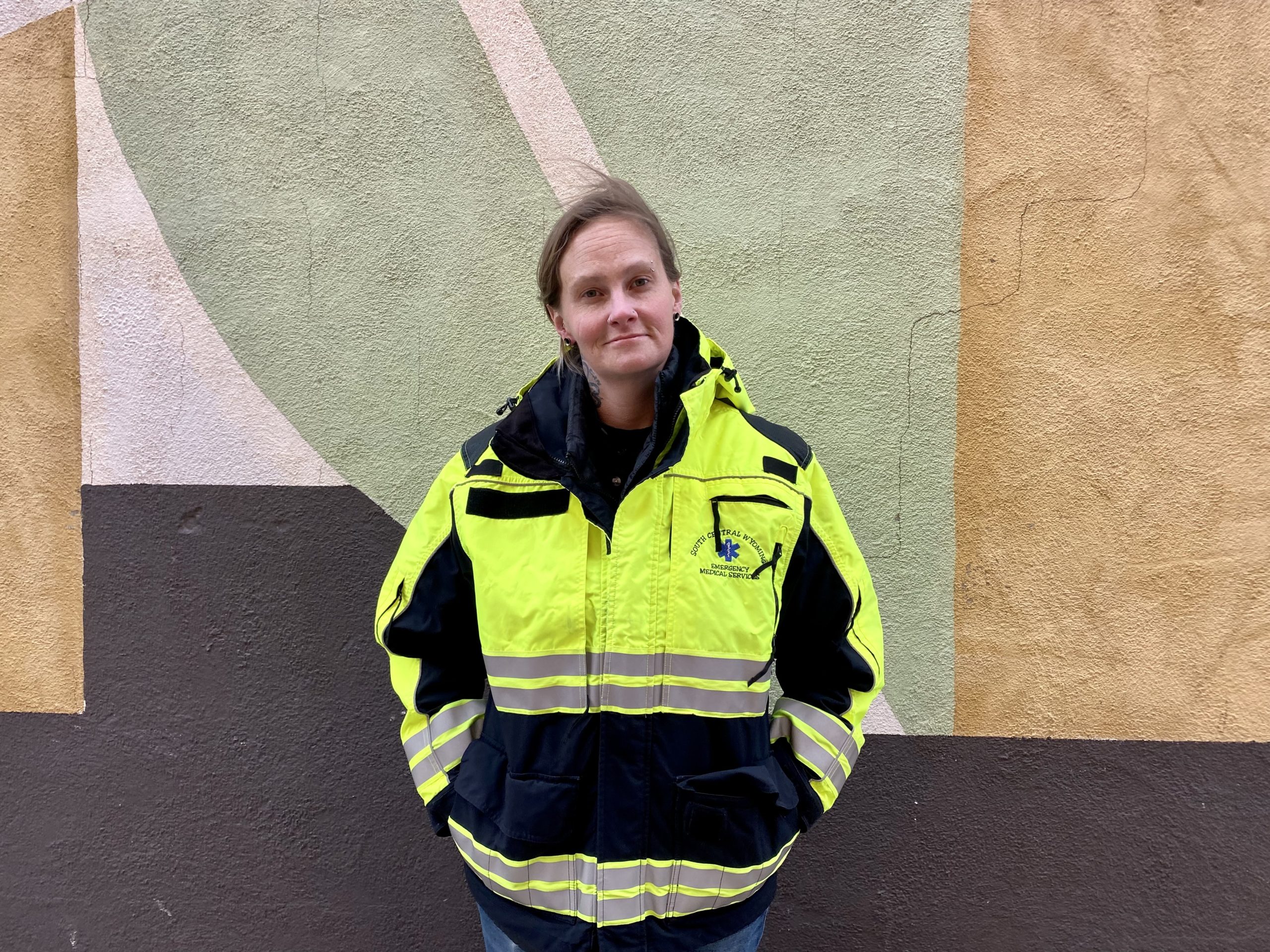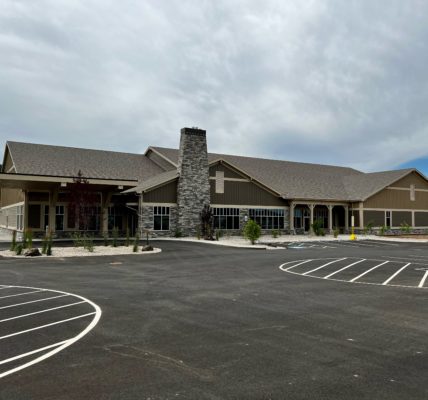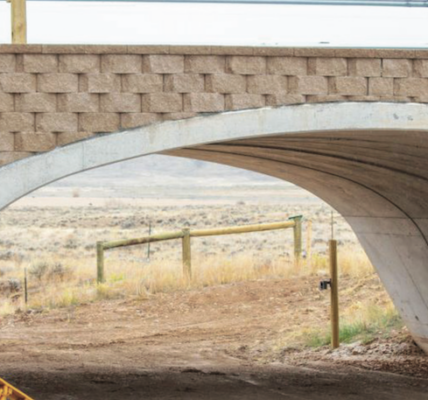
By Abby Vander Graaff
Laramie Boomerang
Via- Wyoming News Exchange
LARAMIE — For Katie Baker, Thursday, Nov. 10, marked a milestone: she graduated from Albany County Drug Court with friends, family and program professionals rallying around her.
Albany County’s drug court program employs a combination of treatment and supervision methods to help people struggling with drug and alcohol addiction get clean.
Baker’s participation in the program started as an alternative to going to jail for six months, but evolved into a mission to stay sober and reach heights she never would have thought possible when joining the program in the fall of 2020.
When she’s not working at Ace Hardware, Baker works as a volunteer EMT with South Central Wyoming Emergency Medical Services in Hanna.
She plans to make this a full-time position soon, and one day wants to become a flight medic, administering critical emergency medical care to patients during helicopter transport.
It was clear during Baker’s drug court graduation that she’s already touched people from throughout the community. A diverse crowd of over 30 people gathered for the event, and included Baker’s family members, employers, one county commissioner and the police officers who interacted with her during her drug use.
Even an outsider could notice Baker’s instinct to help others as she handed out tissues to the crowd throughout the event.
Working as an EMT gives Baker the fast-paced environment she prefers, with the added benefit of helping others in the process.
“I have seen tons of situations where something different could have been done,” Baker said. “I just feel like I’ve taken and taken from anything and everything … and this is my way of giving it back in some way.”
Baker began using heavy drugs at 15 years old, and spent a decade and a half using meth. Later on, she began using heroin, as well.
“All the sheriffs here know me, all the cops know me,” Baker said. “They know my whole family.”
She spoke candidly about her journey with addiction, remembering how she witnessed overdoses, got caught using by family members, and would travel miles and miles on dangerous roads to buy drugs.
“Food no longer becomes an issue, sleep is no longer a necessity, basic self care is not a thing anymore — it all just kind of runs out the window,” she said.
Baker’s former downward pattern resulted in getting caught with drug paraphernalia by police officers in the driveway outside her home. Instead of taking her to jail, the officers walked her to a dumpster and watched as she threw it all away. Two months later, she pleaded guilty for her offenses and agreed to participate in drug court.
“Nothing in the future seemed visual,” Baker said of her life while using drugs. “The next day I didn’t know what I’d be doing or what I’d be thinking.”
Now, she’s determined to never go back. Nov. 26, 2022, marked 802 days of her sobriety.
“Now I have my whole life planned out,” Baker said. “I have goals. I’m going to be a flight medic and I’m not stopping until I get there. It’s going to be great.”
Anyone who has a substance-abuse related charge is eligible for Albany County Drug Court, as long as he or she was not charged with a violent felony and has no record of sex offenses.
The program has multiple phases with different requirements, including outpatient treatment, meetings with a case manager, weekly appearances in drug court, daily check-ins for drug testing and more, program director Heather Carter said.
Participants are also expected to attend school, community service or work 30 hours per week.
Professionals who run the program focus on various facets of individuals’ lives to help them get sober, such as housing and income, cognitive behaviors and more, Carter said.
The program goes beyond even those standards, with many of the staff members answering the phone day or night to offer help to participants and even checking in whenever it’s needed.
For Baker, one of the most meaningful parts of the program was when Carter showed up at her house the day her mom died, just to offer her coffee and to ask how she was doing.
“A lot of people have never tried sobriety with a support system like this in place,” said Claire Flaherty, the adult case manager for the program. “They have five of us that are here on a day-today basis.”
The program also aims to teach people basic life skills they may have never learned, such as paying bills or going grocery shopping.
Unlike inpatient treatment programs, drug court allows people to get sober in the community where they live, which comes with its own set of challenges.
“They come back to where their demons are, their ghosts, their triggers,” Flaherty said. “Everything is right here, and they don’t know how to deal with that. Getting sober in the community where you have been using is not an easy thing to do.”
Despite all the challenges, Baker was able to start looking toward the future when she started the EMT training program. Drug court paid for part of the training, and helped her get letters of recommendation.
Supporting Baker in her next steps came easily to those who worked with her in the program and were impressed by her determination and willingness to change.
“Seeing her and seeing the way that she has turned her life around, it just blows me away,” Flaherty said.
Baker will now become one of many drug court graduates who have found success in their lives against the odds.
“People recover,” peer specialist Taylor Jarnagin said. “It’s possible, and I really think that should be a bigger deal.”





